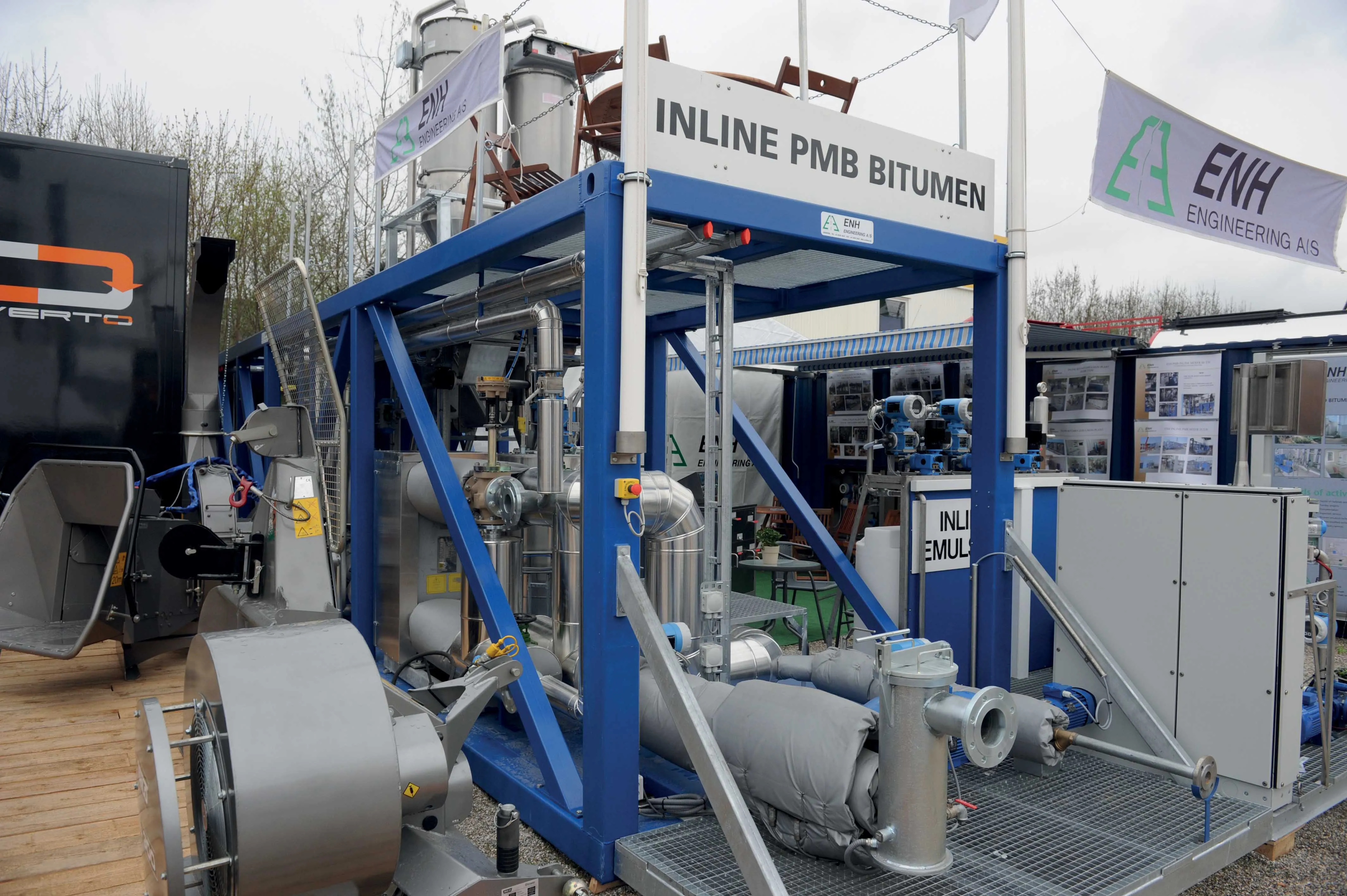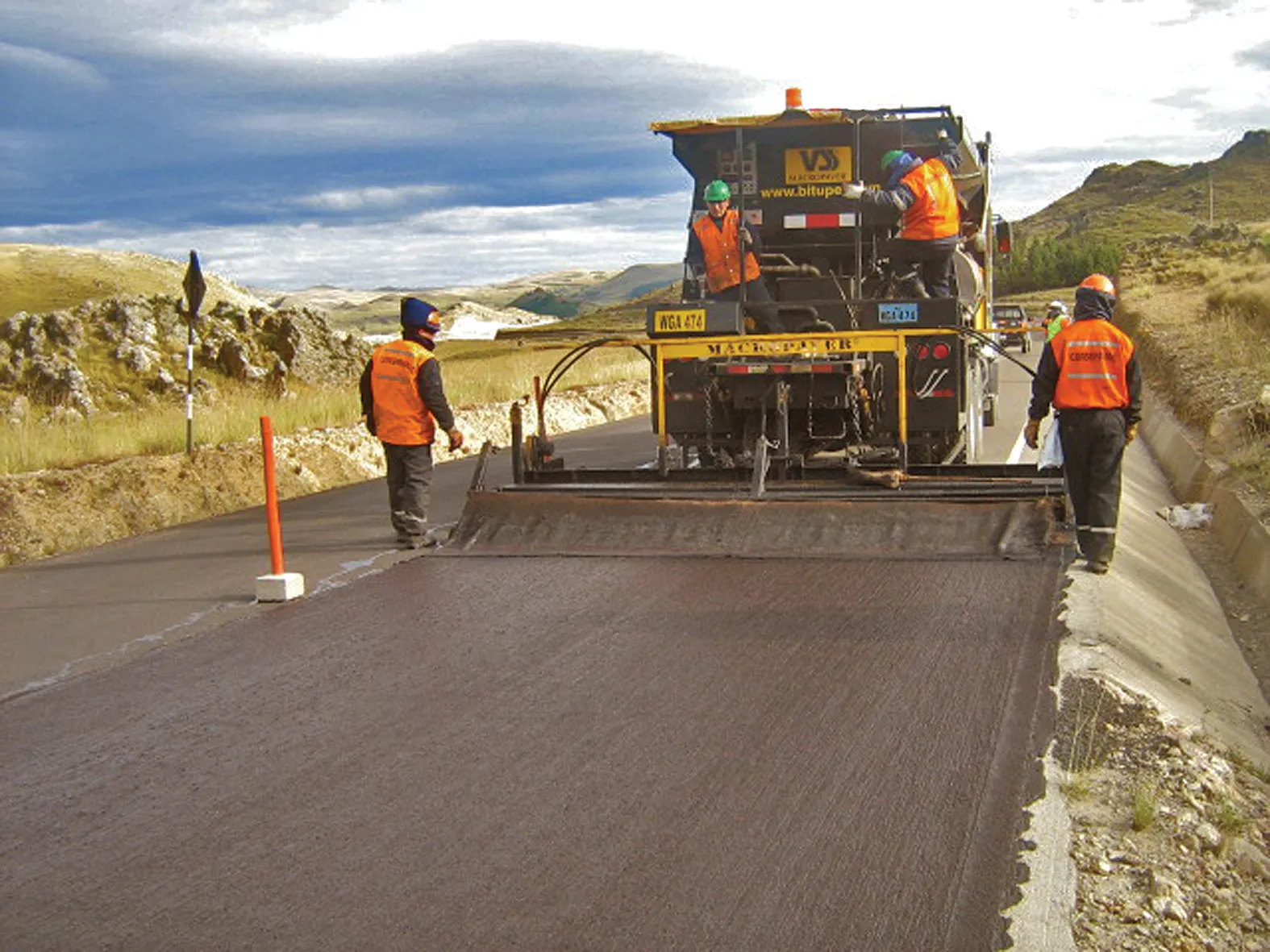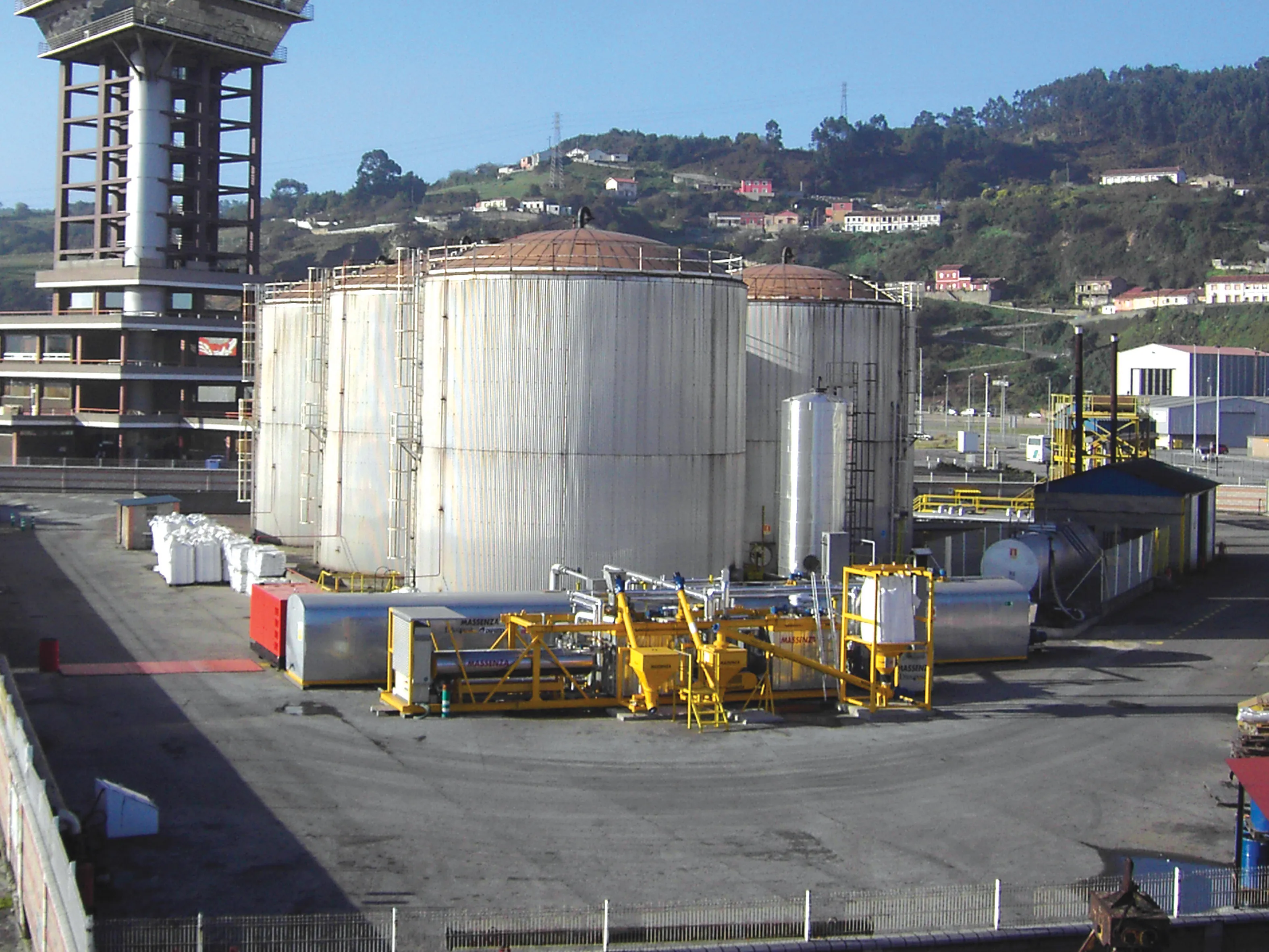ENH Engineering has broken into the market in the Democratic Republic of the Congo by selling two in-line bitumen emulsion plants.
The plants, of which each can be built into a 12m container, were sold to the Congolese oil exploration and refining company Socir in the capital city of Kinshasha, said ENH's managing director Erik Haugaard. The in-line plants can produce all known bitumen emulsion types, from the simplest tack-coat to high-grade slurry emulsions.
"The emulsion market in West Africa is gr
May 19, 2015
Read time: 2 mins

RSSENH Engineering has broken into the market in the Democratic Republic of the Congo by selling two in-line bitumen emulsion plants.
The plants, of which each can be built into a 12m container, were sold to the Congolese oil exploration and refining company Socir in the capital city of Kinshasha, said210 ENH's managing director Erik Haugaard. The in-line plants can produce all known bitumen emulsion types, from the simplest tack-coat to high-grade slurry emulsions.
"The emulsion market in West Africa is growing," said Haugaard, speaking at the recent Pavement Preservation and Recycling Summit in Paris. "ENH has already sold three plants into Nigeria and four into Ghana."
The units provide good production flexibility, he said. Different flows for bitumen water and chemicals are controlled individually and one flow can be changed during the production process without influencing the flow of another. There is no need to premix chemicals or water solutions. Everything is added continuously during production, which can continue uninterrupted for as long as needed.
ENH's latest West African win comes after completing a deal with a Total and Gazprom joint venture in Moscow. ENH, based in Denmark, provided all the bitumen production capability at the plant, including tanks, discharge systems and PMB production, said Haugaard.
1270 Gazprom Neft and 344 Total signed the 50-50 joint venture deal in mid-2013 that created Gazpromneft–Total PMB. The company is producing and selling polymer-modified bitumen and bitumen emulsions using Total’s licensed technology. A special joint brand, G-Way Styrelf, has been created for the new product to be sold on the Russian market
G-Way Styrelf bitumens are used in the production of high quality long-lasting, crack-resistant road surfaces.
Gazpromneft-Total PMB has developed the production site at Gazprom Neft’s Moscow Oil Refinery. Capacity is around of 60,000tonnes of polymer-modified bitumens and 7,000tonnes of bitumen emulsions per year, according to Gazpromneft-Total PMB.
RSS
The plants, of which each can be built into a 12m container, were sold to the Congolese oil exploration and refining company Socir in the capital city of Kinshasha, said
"The emulsion market in West Africa is growing," said Haugaard, speaking at the recent Pavement Preservation and Recycling Summit in Paris. "ENH has already sold three plants into Nigeria and four into Ghana."
The units provide good production flexibility, he said. Different flows for bitumen water and chemicals are controlled individually and one flow can be changed during the production process without influencing the flow of another. There is no need to premix chemicals or water solutions. Everything is added continuously during production, which can continue uninterrupted for as long as needed.
ENH's latest West African win comes after completing a deal with a Total and Gazprom joint venture in Moscow. ENH, based in Denmark, provided all the bitumen production capability at the plant, including tanks, discharge systems and PMB production, said Haugaard.
G-Way Styrelf bitumens are used in the production of high quality long-lasting, crack-resistant road surfaces.
Gazpromneft-Total PMB has developed the production site at Gazprom Neft’s Moscow Oil Refinery. Capacity is around of 60,000tonnes of polymer-modified bitumens and 7,000tonnes of bitumen emulsions per year, according to Gazpromneft-Total PMB.
RSS









